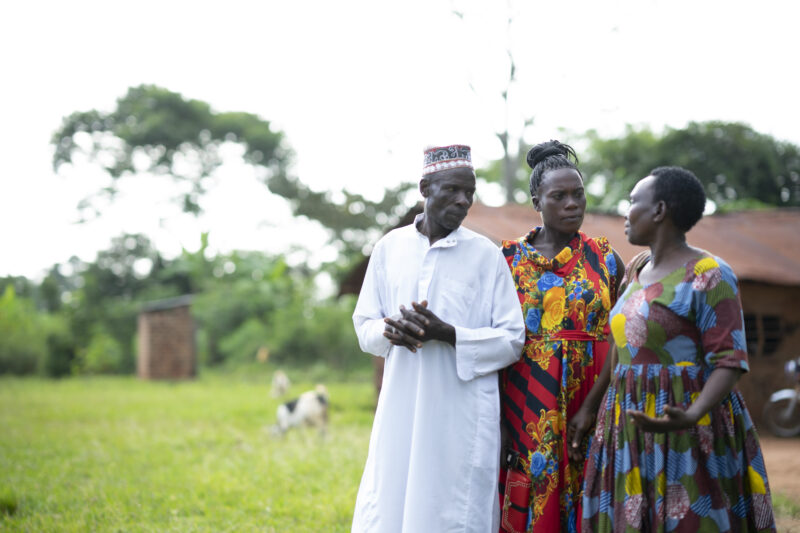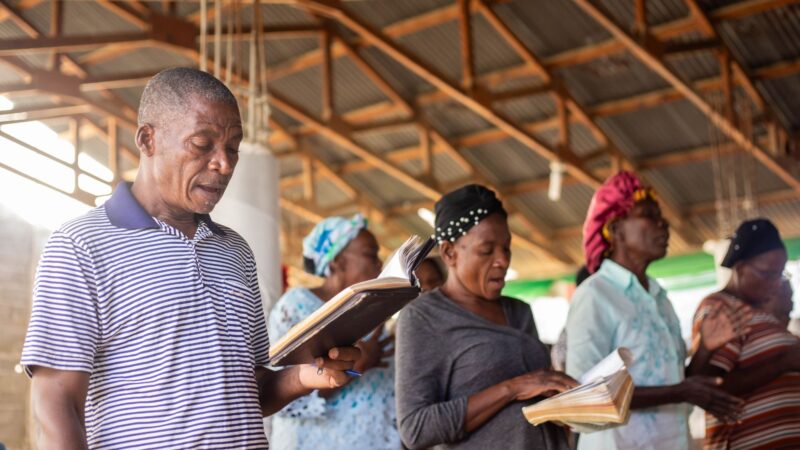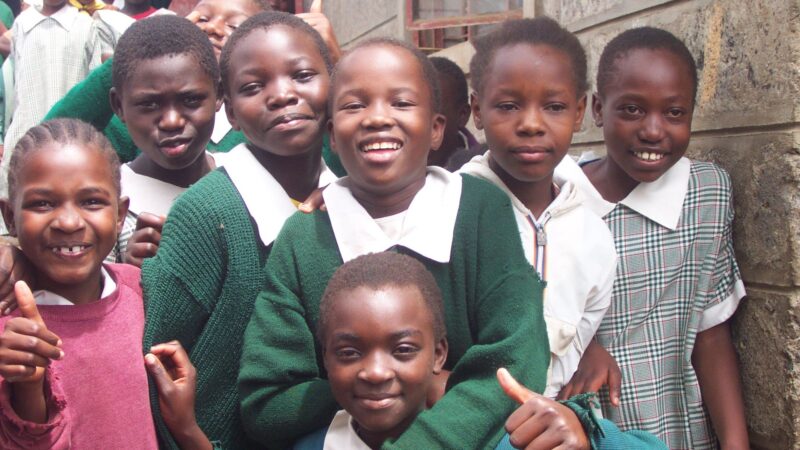At the beginning of March, the United Nations held its Fifth Conference on the Least Developed Countries. Many leaders of poor countries expressed bitterness and frustration that they still struggle to meet their basic necessities. Economic progress is slow and even declining because war, famine and diseases have added pressure to already struggling economies. And often, the church has no idea how to help underdeveloped countries.
Are There Organizations That Help Underdeveloped Countries?
Truly, the blame for lack of progress rests on both rich and poor countries. In addition, the lack of attendance by any major economic power gave the leaders of developing nations the opportunity to criticize the developed world.
Central African Republic President Faustin-Archange Touadéra said, “55 million people of the (Central African Republic) cannot understand why their country is among the poorest countries of the world, even after 60 years of independence, despite having vast reserves of gold, diamonds, cobalt, oil and uranium.” He continued, “certain western powers have always misused our country for their strategic benefit… we have faced systemic looting” by western nations.
After all, whether you believe the criticism to be true, the angst is real. Leaders in the least developed countries feel deeply abandoned by the developed world. But this pain and anger afford new opportunities for developing world churches to bring life, hope and healing to hurting people. Here are two responses the wealthy church could employ to engage in helping the least-developed nations and poorest people on the planet.
The Church Must Engage with Humility
The wealthy church must engage with a sense of having missed the mark in our past development programs. Many development programs have been too self-servicing and led by the west instead of the local, indigenous churches. We should ask for forgiveness for leading programs that flaunted our economic strength and met our own needs. Indeed, these projects have caused great harm.
The Church Must Engage with Empowering Strategies
The church in the developed world should rethink its past pattern of relief aid and sending unqualified people to lead development programs. Programs today need economic expertise and agricultural know-how. Gone should be the days when only handouts are given. We must acknowledge failed strategies of the past and current failures. These include: building and supporting orphanages or water drilling programs with no sustainable plan or operational backup. We must focus on empowering the poor, not just slapping bandages on deep problems.
Failed government policies and unsustainable development practices have sunk the poor in an even deeper pit of poverty. But resourced congregations (like yours and mine) can partner with churches in impoverished communities to introduce proven solutions to increase incomes permanently, thus breaking generational cycles of poverty! Read on to find out how…
Bright Hope’s Strategic Advantage
Bright Hope envisions a world where churches transform their communities by sharing sustainable hope with the extreme poor. Now that you understand how to help underdeveloped countries, consider taking action.
For more than 50 years, we have been engaging the local church in the fight against global poverty. Join us in equipping these churches to transform their communities with changed lives, hopeful people, and self-sustainability.





